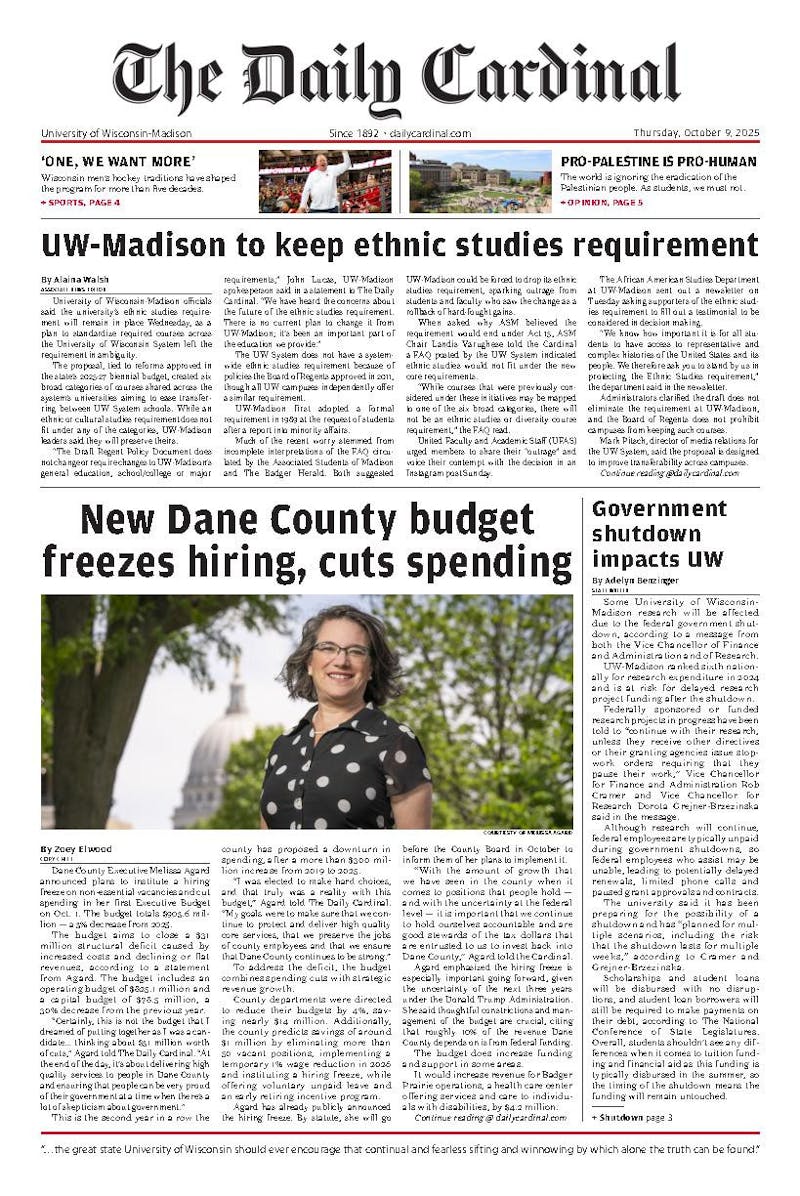Many critics have pointed to the destructive effect that the violent and suggestive lyrics have had on both inner-city youth and rural-area teenagers with no discernable intimate connection to the music's message. However, regardless of who the listener may be, rap music has had a detrimental effect on people who either do not understand the underlying message or only indulge in the more materialistic, promiscuous genre without understanding the sacrifices necessary to attain such status.
Gangsta rap music in particular has a detrimental impact on young impressionable teenagers. A study conducted at Emory University in 2000 found that isky behavior and a heightened incidence of sexually transmitted diseases among African American female adolescents may be linked to high exposure to rap music videos."" The concern is because gangsta rap ""is explicit about sex and violence, but rarely shows the potential long term adverse impact of these risky behaviors."" Rap music has also been found to glorify various types of destructive behavior according to a study conducted by Edward Armstrong at Murray State. He notes, ""[T]he harder that you are, sad to say, the more you sell.""
The intellectual and physical maturity of the listener in this instance cannot be ignored. As a supposed defender of free speech, artists such as Eminem claim no responsibility for what his fans perceive as his intent in his music. His argument is that anyone is free to interpret what he says for themselves, but his songs should not be taken literally.
This argument ignores the obvious reality of teenagers and their vulnerability. It would be debatable at best to say that middle-aged listeners really ""understand"" Eminem's message, but to assume that level of sophistication from people who have not even earned their driver's license goes too far. The maturity of the audience has to be considered when evaluating such music. The catchy lyrics and depictions of comedic situations in Eminem's videos offer, at least superficially, the picture of music more on par with a 13 year old than a 30 year old.
When his music employs such immature tactics, Eminem unwillingly becomes a role model.
Armstrong's study supports the belief that younger listeners can be adversely affected by the underlying themes inherent in this kind of music. In his analysis of over two decades' worth of various types of rap music, he discovered that in terms of violent and misogynist lyrics, gangsta rap music (1987-1993) scores a 22 percent while Eminem (2000) reaches 78 percent. As a reward for extending the presence of violent and misogynist lyric content beyond his musical progenitors, Eminem has made the cover of Rolling Stone (Aug., 2000), The Source (July, 2000) and Spin (Aug., 2000) and won numerous awards. The recording industry continues to reward this type of music and consequently continues to teach, promote and glamorize violence and misogyny.
Gangsta rap and artists like Eminem have had particularily negative consequences on many teenagers, but most of its effects are focused on African Americans. With a decisive lack of role models in any number of professional fields (i.e. doctors, lawyers), these teens instead turn to MTV to provide them with a pattern to build their life around.
Coupled with the normal rebellious nature of being a teenager, role models who show a patent disrespect for law enforcement and women and refuse to embrace any other occupation other than a ""pimp"" or full-time partier do irreputable damage to young minds. Without any notion of the possibility of a career in any professional occupation, or any academic pursuits, young African American children are confronted with a lack of options. Seeing only wealthy black athletes or musicians, these children's futures are foreclosed to only these limited options. Success is measured in terms of ""bling bling"" or the number of ""hoes"" any one person has. Instead of envisioning an education and a stable family as their desired ends, these children are provided with a different outlook on life.
In the end, it is too easy to pinpoint a number of dangerous and destructive roles that rap music plays in our society. Any number of studies have proven as much. And although the negative implications are significant, it is unlikely that any restrictions on this genre of music would pass First Amendment muster. Outright bans of the sale, production or distribution of such music may not be the answer. Instead, a recognition must be made within the rap community that the very things they seek to give agency to through their music, all the violence and poverty, can only be rectified when they offer some sort of constructive alternative. Making those few who ""make it"" through rap a focal point of African American, or even just American society, is a disservice to the future of millions of listeners.





